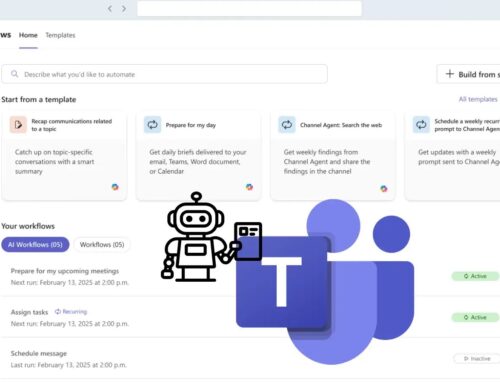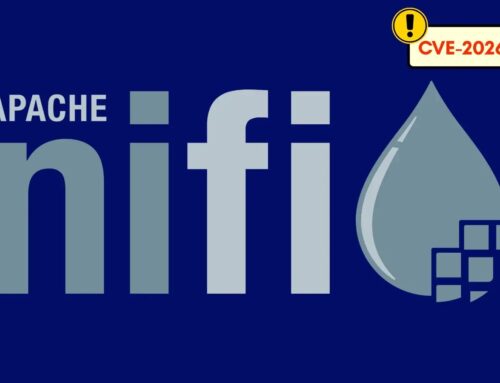
Mozilla Wants All New Firefox Extensions to Disclose Data Collection Policies
Browser extensions have revolutionized how we interact with the web, offering everything from ad blocking to productivity enhancements. However, their pervasive access to user data has long been a covert concern. Mozilla is now taking a bold step to address this, mandating that all new Firefox extensions explicitly disclose their data collection policies. This move marks a significant shift towards greater transparency and user control in the browser add-on ecosystem.
The Imperative for Transparency in Browser Extensions
The functionality of browser extensions often comes with a trade-off: access to browsing data. While many extensions operate benignly, others can become conduits for privacy invasion through excessive or undisclosed data collection. As cybersecurity professionals, we regularly encounter instances where seemingly innocuous extensions become vectors for data exfiltration or targeted advertising. Mozilla’s new policy directly confronts this challenge, aiming to empower users with the knowledge to make informed decisions before integrating new software into their daily browsing habits. The core requirement, effective November 3rd, 2025, is that new extensions submitted to the Firefox ecosystem must explicitly state whether they collect or transmit personal data.
Mozilla’s New Disclosure Framework
Beginning November 3rd, 2025, developers submitting new extensions to Firefox will be subject to a new, standardized framework. This framework will require explicit declarations regarding data collection practices. This is not merely a suggestion; it’s a mandatory step in the submission process. As reported by Cyber Security News, this initiative aims to standardize how developers communicate their data handling to users, moving away from vague privacy policies often buried within license agreements. The emphasis is on clarity and conciseness, allowing users to quickly understand the implications of installing an extension.
Impact on Developers and the Extension Ecosystem
For developers, this new requirement necessitates a thorough review of their add-on’s data handling processes. Extensions that previously operated without explicit data collection disclosures will need to be updated, or new submissions will need to adhere strictly to the framework. While this might initially present an administrative burden, it fosters a more trustworthy environment. Developers who are transparent about their practices are likely to gain user confidence, potentially leading to higher adoption rates. Conversely, extensions with overly aggressive or undisclosed data collection may face scrutiny and reduced user engagement.
Benefits for Users and Cybersecurity Posture
The primary beneficiaries of this policy are Firefox users. With clear, standardized data collection disclosures, users will have a much clearer understanding of the privacy implications before clicking “add to Firefox.” This enhanced transparency allows users to:
- Make informed choices: Understand exactly what data an extension accesses and why.
- Mitigate privacy risks: Avoid extensions that collect unnecessary or excessive personal data.
- Foster trust: Interact with an extension ecosystem where developers are held accountable for their data practices.
From a cybersecurity perspective, this is a proactive measure. By reducing the likelihood of users inadvertently installing malicious or privacy-invasive extensions, Mozilla is contributing to a stronger overall security posture for its browser and its users. It helps to address potential vulnerabilities that arise from third-party add-ons, even though there isn’t a specific CVE associated with this policy change itself. The initiative is a preventative measure against a broad category of data privacy issues that could manifest as information disclosure vulnerabilities.
Looking Ahead: The Future of Browser Extension Security
Mozilla’s commitment to data transparency sets a precedent that could influence other browser vendors. In an era where data privacy is paramount, such initiatives are crucial for maintaining user trust and fostering a secure digital environment. While this policy focuses on new extensions, it lays the groundwork for potentially broader transparency requirements for existing add-ons in the future. As cybersecurity professionals, we view this as a positive development that aligns with best practices for data governance and user empowerment.
Conclusion
Mozilla’s decision to mandate data collection disclosures for all new Firefox extensions is a significant step forward for user privacy and browser security. Starting November 3rd, 2025, this policy will empower users with critical information, forcing developers to be transparent about their data handling. This move not only enhances user control but also contributes to a more trustworthy and secure browser ecosystem, laying a foundation for improved data governance across the web.





